In a small Tokyo suburb, a young woman named Yumi found herself at the center of a cultural phenomenon that would change the face of Japanese cinema forever. Her story, though fictional, is a testament to the enduring power of V-Cinema, a direct-to-video movement that exploded in the late 1980s and continues to shape Japan's contemporary film culture. As the International Film Festival Rotterdam (IFFR) prepares to spotlight this phenomenon in its 2026 edition, the spotlight is shining brighter than ever on the often-overlooked world of V-Cinema.
The IFFR's Focus program, curated by Tom Mes, will run from January 29 to February 8, 2026, featuring a selection of films that showcase the best of Japan's V-Cinema movement. The program includes "Female Teacher: Forbidden Sex," a film that exemplifies the genre's blend of sex, violence, and social commentary. This film, like many others in the V-Cinema canon, was born out of a desire to push boundaries and challenge societal norms.
V-Cinema emerged in the late 1980s as a response to the strict censorship laws that governed Japan's film industry at the time. The movement allowed filmmakers to create content that was previously forbidden, often incorporating explicit sex and violence into their stories. This new freedom led to a proliferation of low-budget, direct-to-video films that catered to a growing audience of young, urban viewers.
One of the key figures behind the V-Cinema movement was director Toei, who released his debut film, "Crime Hunter: Bullets of Rage," in 1989. This film, like many others in the genre, blended elements of action, drama, and sex to create a unique viewing experience. Toei's work, along with that of other V-Cinema pioneers, helped to establish the genre as a major force in Japanese cinema.
However, V-Cinema's impact extends far beyond the world of film. The movement's emphasis on sex, violence, and social commentary has influenced a generation of Japanese artists, writers, and musicians. The genre's irreverent style and willingness to challenge societal norms have also made it a favorite among fans of underground culture.
For Tom Mes, curator of the IFFR's Focus program, V-Cinema represents a unique opportunity to explore the complexities of Japanese culture. "V-Cinema is more than just a genre of films," Mes says. "It's a reflection of Japan's societal values, its attitudes towards sex and violence, and its willingness to challenge the status quo."
As the IFFR's Focus program prepares to shine a spotlight on V-Cinema, the world is taking notice. The movement's influence can be seen in everything from Japanese pop culture to the country's contemporary film industry. Whether you're a fan of action-packed blockbusters or underground art, V-Cinema has something to offer.
In the words of Yumi, the fictional protagonist of "Female Teacher: Forbidden Sex," V-Cinema is more than just a genre of films – it's a way of life. "V-Cinema is about pushing boundaries, challenging societal norms, and exploring the complexities of human nature," Yumi says. "It's a movement that continues to inspire and influence a generation of artists, writers, and musicians."
As the IFFR's Focus program takes center stage, the world is invited to experience the raw energy and unbridled creativity of V-Cinema. Whether you're a seasoned fan or a newcomer to the genre, this is an opportunity to explore the uncharted territories of Japanese cinema and discover the secrets of a movement that continues to shape the country's cultural landscape.
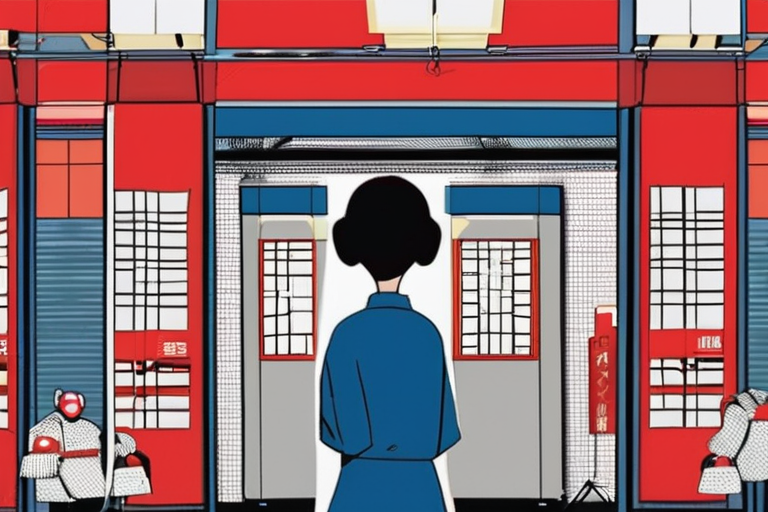


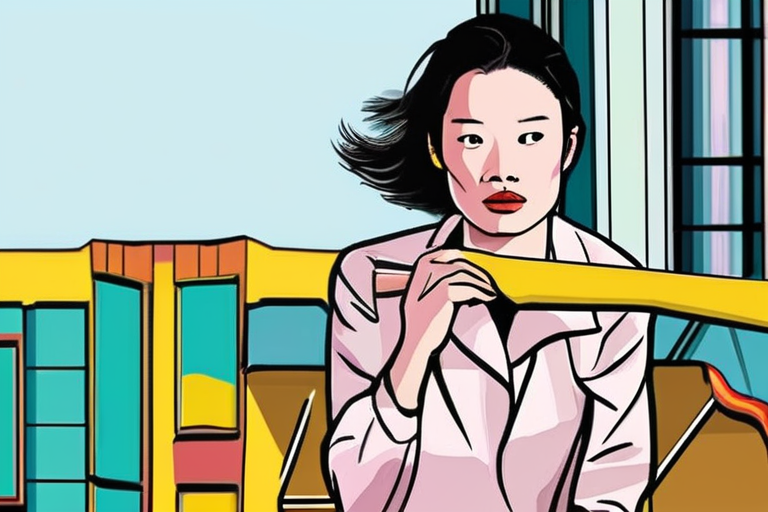
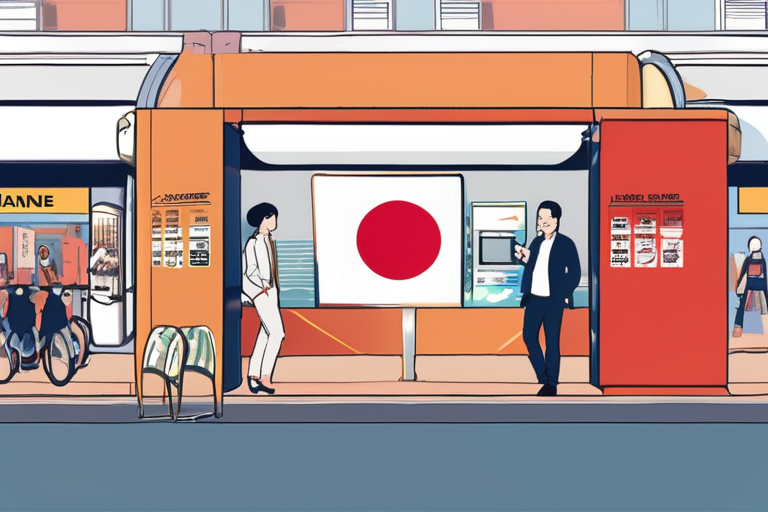
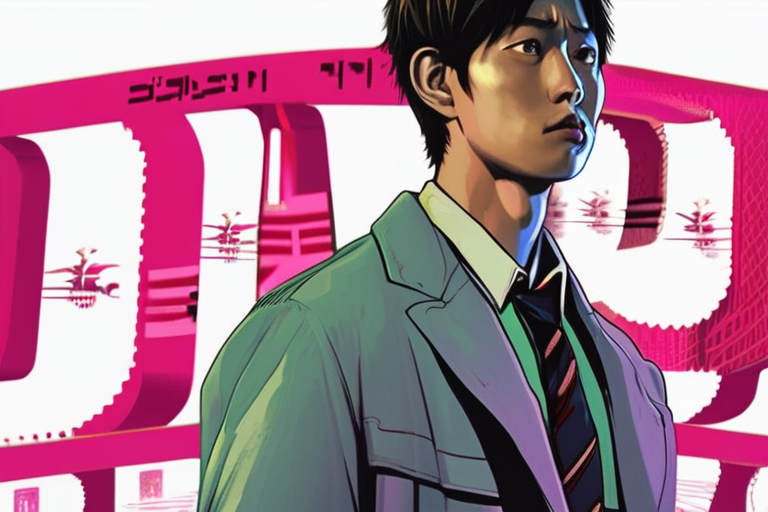
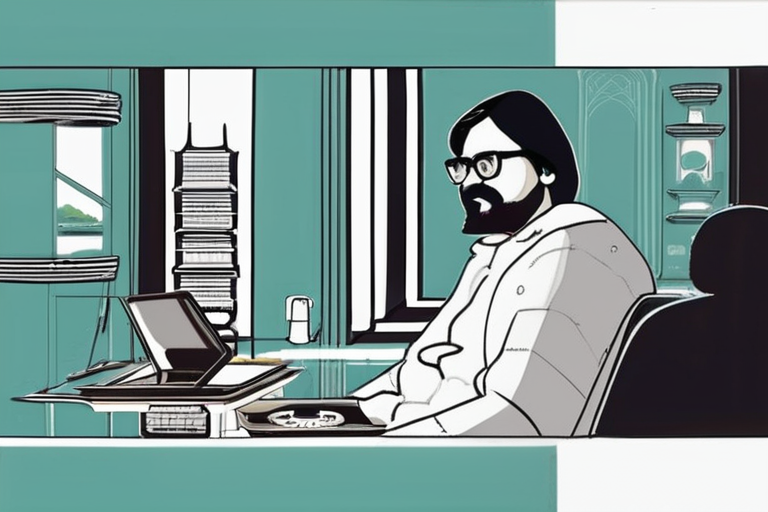



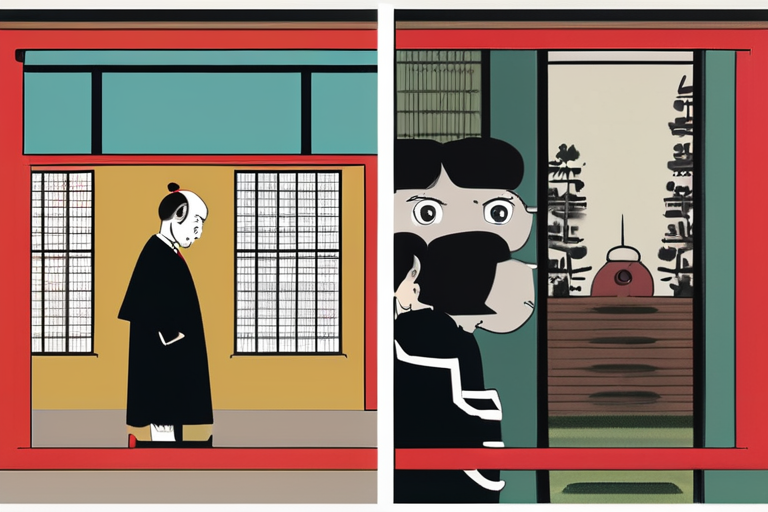
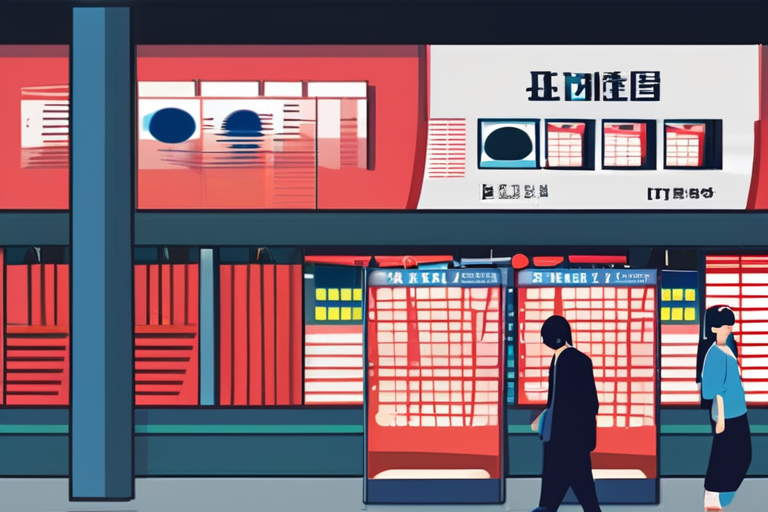
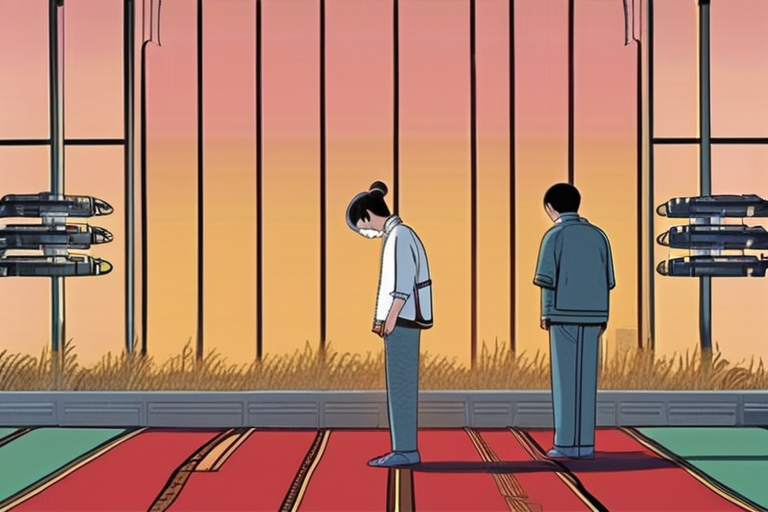



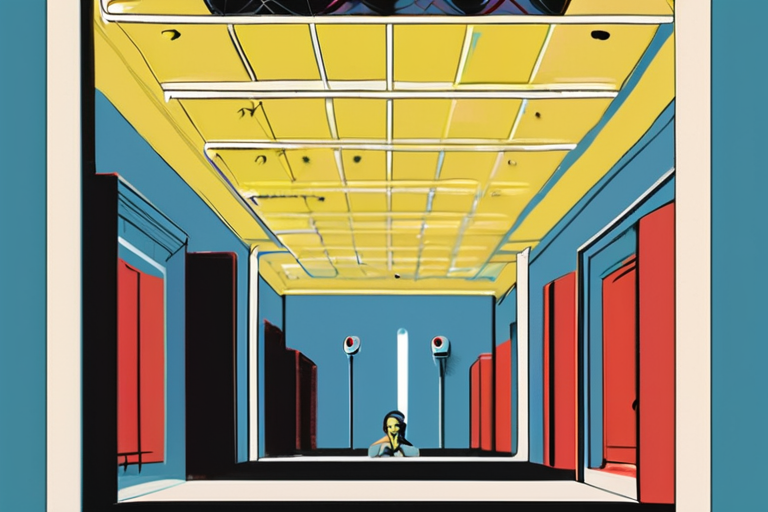


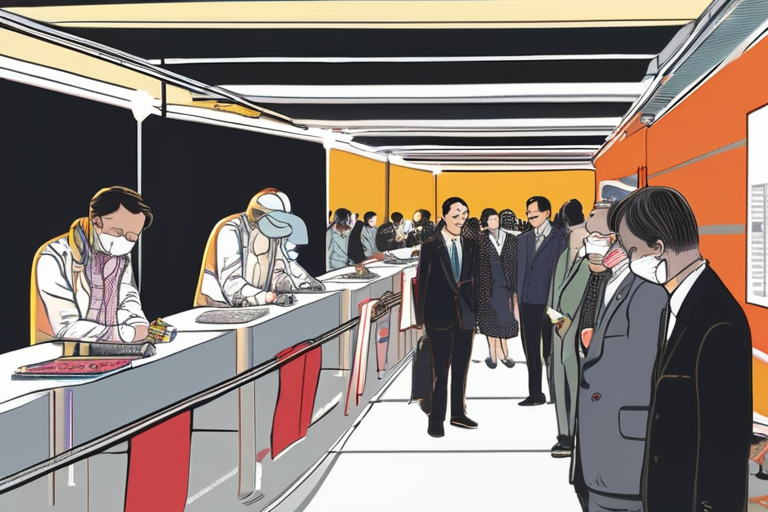
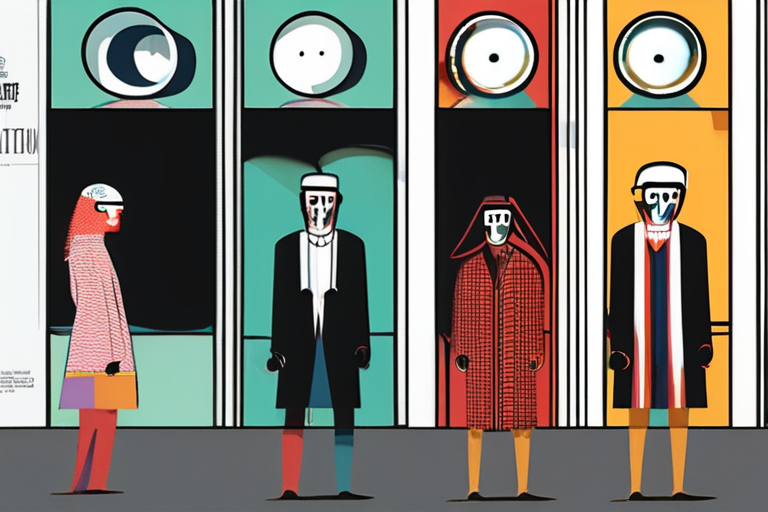

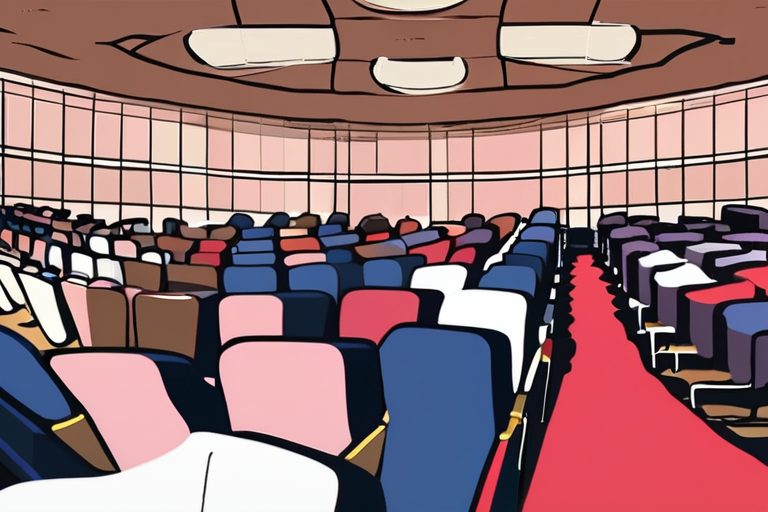



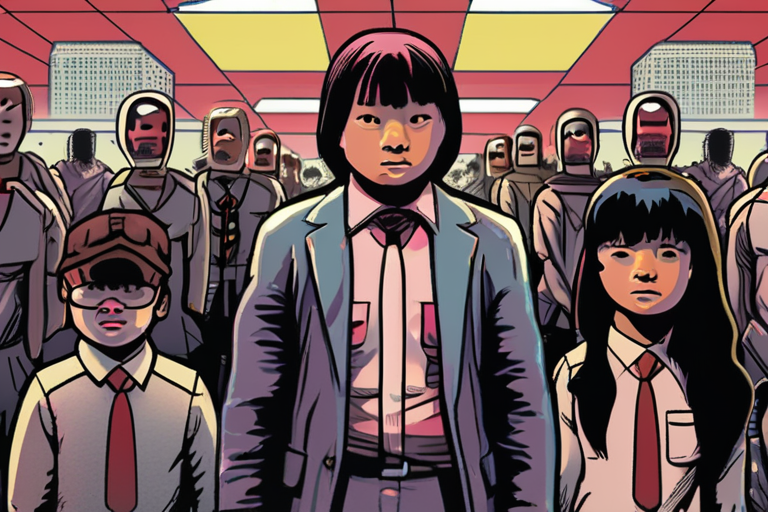
Share & Engage Share
Share this article